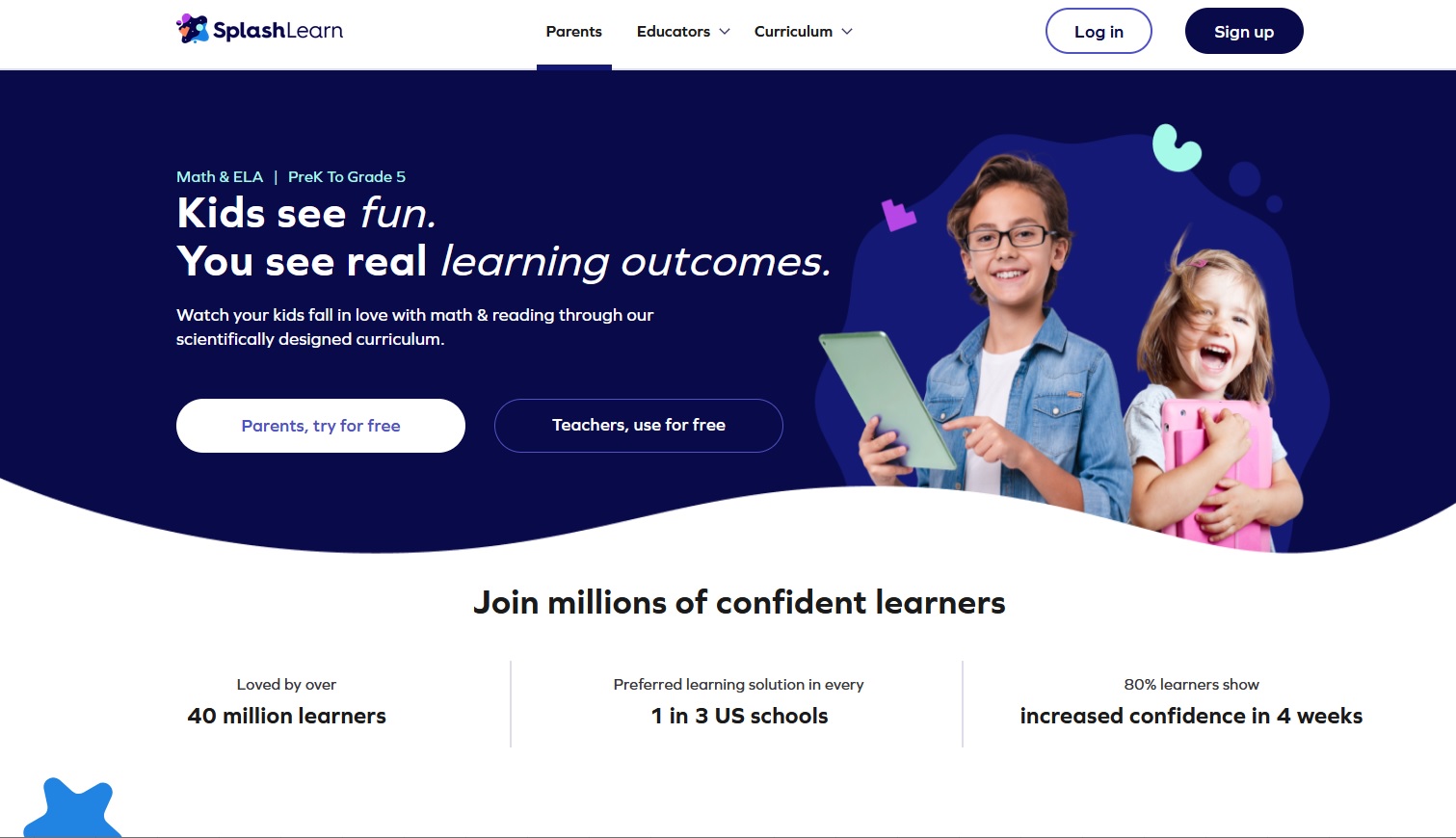A hobby is a passion, an activity that makes people feel good when they are not at work or studying. Students, as well as all other people, have a hobby, a favorite activity that can bring not only pleasure but also benefit their studies and career.
Choosing a hobby, each person is guided by individual preferences and interests. Therefore, hobbies often allow students not only to relax but also to achieve better results in mastering related areas of knowledge, expanding the outlook, to develop qualities such as patience and attention to detail.
In this article, we will consider “useful” hobbies that will help you succeed in your studies.
1. Reading
Numerous books and scientific papers have been written about the obvious benefits of reading. It is well known that reading stimulates several functions of the brain, develops your analytical and cognitive skills, broadens your horizons and vocabulary, and trains your memory and concentration, as well as figurative thinking. A student who reads a lot is always a persuasive essay writer because he or she is good at articulating his or her thoughts and has a rich imagination.
Classical fiction brings not only the spirit of an era but, more importantly, develops readers’ critical thinking skills, which will help them to analyze people’s behavior and real-life situations in a sober and balanced way and make the right decisions. Poetry is good memory training, which will come in handy in the coming session.
Useful: be serious about your choice of literature for reading – tabloid novels, blog posts, and social networks may arouse lively interest, but not all of this content is useful in your studies.
2. Music, movies, visual arts
Any creative activity has a positive effect on brain function. Analyzing works of art, watching plays and movies develop visual and figurative thinking, arts and crafts will help maintain fine motor skills, which, in turn, is also related to the work of the brain.
Playing musical instruments is based on mathematical structure, harmonies, memorization, reproduction, and repetition of which improves memory. During the practice of music, the left and right hemispheres of the brain actively interact, such training paradoxically helps to cope with stress and trains multitasking, which is useful not only during the study but also in the future at work.
Useful: scientists have long noticed that classical music stimulates attention, energetic music helps you cope with great physical exertion, movies and paintings stimulate abstract thinking, which is necessary for solving complex problems that usually do not have a ready-made solution.
3. Sports and intellectual games
Biologists have long noticed that physical exercise stimulates the production of a group of proteins responsible for memory and attention. Athletes and physically developed people are better at learning foreign languages and, in general, at working in managerial positions in large companies.
But the sport is not just about exercise. Chess, backgammon, mahjong, board games such as munchkin and dungeon, and dragons can be classified as intellectual sport. Board games, where players must think strategically and tactically in order to win, involve processes of substantive thinking, the ability to deal with changing situations, and other analytical skills.
Useful: Sports usually require a gym membership, while mind games require the company of like-minded people. Social networking sites can help you find friends of interest, and you can play mind games online without leaving the home or your college dormitory.
4. Learning foreign languages
It is no secret that people who know several languages are better at multitasking and more stress-resistant. Not surprisingly, bilinguals and people who have successfully mastered several languages earn, on average, more money than colleagues who do not speak foreign languages.
The fact is that when you learn a new language, you learn to think in parallel, you analyze sounds and compare the meanings of different words, you form your own dual vocabulary. While memorizing foreign words, phonetic and syntactic rules you stimulate analytical skills, speaking helps you build your vocabulary into the shell of concrete life situations and patterns of behavior. In general, language learning engages several areas of your brain in combination. As a rule, students who are good at languages manage to save on tutors and with this money, for example, buy expository essay.
Useful: combine learning languages with physical exercise, will help you succeed in both of your hobbies at once.
We hope that this information will be useful to you and the suggested activities will help you to overcome stress, “reload” the brain, and pass all exams with the best grades.








Add Comment